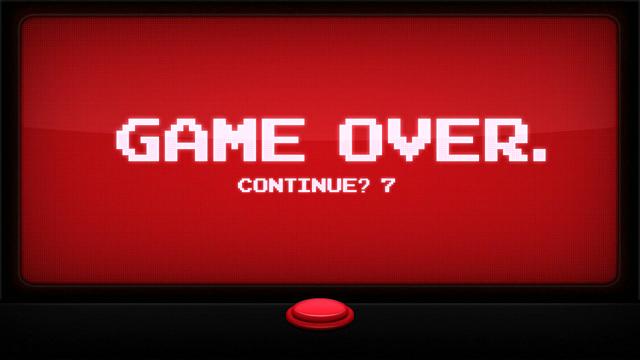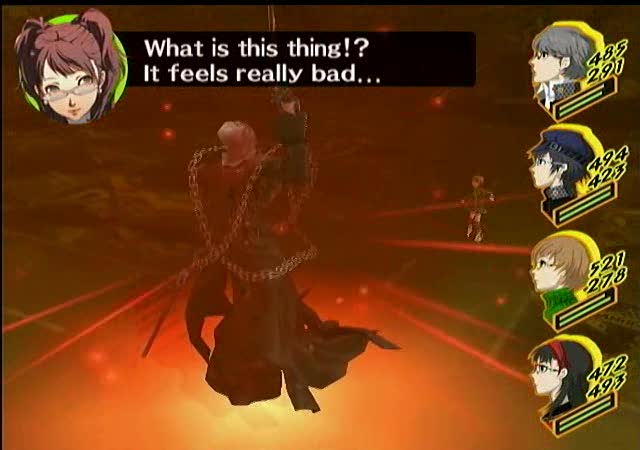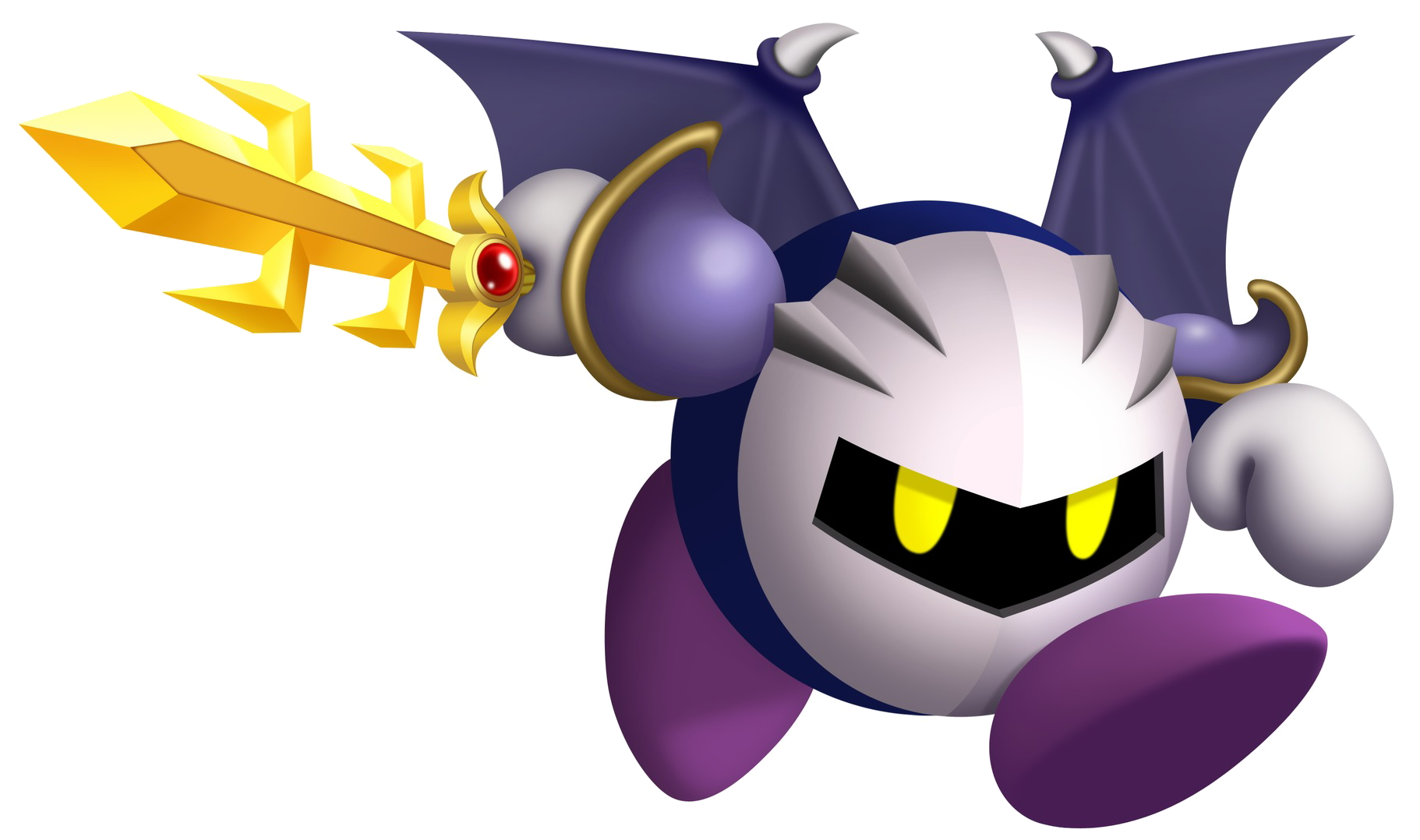The Challenge of A Game And The Death of The Game Over
Fellow Schmamer Paul recently had some thoughts about Prey 2 being stuck in development hell, and shared some brief impressions of his about the original Prey. Notably, he had this to say about your inability to ‘die’ in Prey “you couldn’t actually die in the game, losing your health just sent you to a short “spiritual world” level that brought you right back.” And while this is technically true, I find this attitude to be endemic of a very bizarre attitude that is held by very large swaths of the gaming culture. An attitude that, I feel, holds back design advancements in the video game industry, and is a relic of an age before modern computing power made the need for this gaming quirk irrelevant. It’s something we’ve all been frustrated with, it’s something we’ve all seen, and it’s something I think few of us ever want to see again if we were to be perfectly honest with ourselves.
The game over screen.
The problem that many people in the gaming community have is with games like Prey, or Prince of Persia, and to a lesser extent Uncharted essentially placing you immediately back into the action whenever you die or screwup a jump or something similar. It is argued that this makes the games less challenging, less difficult, that the games are “dumbed down” and more often than not nostalgia is invoked and these critics claim that “games were truly difficult in the past, the games I grew up with had balls and they weren’t afraid to punish you!” And they’re right. Games in the 80’s and 90’s literally punished you for not being good at them, or for not being ready with pencil and paper to write down a password. So why did developers think it was such a great idea to have us start over from zero every time we ran out of an arbitrary set of lives, or force us to memorize ridiculous codes so we could proceed from a certain point?
One word: arcades.
Remember, unlike a console or PC release, an arcade machine was solely supported by the number of quarters it could entice customers into pumping into it. It makes perfect sense for a game that revolves around this method of payment to have Game Over screens. Once a player has mastered a game they’re far less likely to continue to play that game, and developers knew that. To keep them around they had to make the game more difficult, and arbitrarily increase the difficulty of that game. Let’s say, for example, that you’re really good at Galaga. That you can make it to, say, level 50 pretty reliably. That’s not bad at all. But, remember, the game is setup to suck down as many of your quarters as it possibly can, and to do this it makes sure there is no possible way for you to go straight from level one to level fifty. Nope. You have to grind through all those levels again.
Maybe you mess up in the low twenties, distracted by a cute arcade goer. Another quarter.
Maybe you make it to level fifty and lose all your ships. Another quarter.
You might even make it to level fifty-one, all new territory, but find yourself rapidly out of ships. Another quarter. And starting from level one, you’re all the more likely to lose all your ships along the way to put in another quarter. How many quarters did it take you to get this good at Galaga in the first place? How many times did an idle thought or distraction cause you start over from level one?
Arcades were the micro-transactions of their day. If they couldn’t keep you around, you weren’t giving them quarters. So they made you play through stages over and over and over again. Not because you couldn’t do it, you obviously could, but because they possibility of you screwing up and giving them another quarter is what kept them in business.
Then came the advent of the home console, and with it the need for arbitrarily long gameplay with contrivances to force the player to start over and over disappeared. The developer and the console maker had your money, it’s not like you could pump quarters into your NES for extra lives! Or, it should have. But when an industry grows up doing one thing, it’s hard for that industry to change itself. The people who were making games for the NES and SNES were the ones who cut their teeth on arcade games like Galaga and Missile Command so they made different versions of games they knew, and those arbitrary failure states of games persisted through another generation.
And another.
And another.
Soon we got to the point where the game-over screen was just an accepted part of playing a video game. Where set limits on the number of times you could respawn sent you to the title menu. Where losing your main character in a battle, despite the capability of your allies to resurrect people, invoked the dreaded “Game Over” state.
But why?
Let’s not kid ourselves here, despite there being many challenging games from the past those games weren’t challenging because they forced you to start over. Once you’d mastered the levels of Ninja Gaiden all that game became was a game of memorization. Jump here, dodge there, attack here, whee. All the game over screen served to do was punish lapses in memorization. Is that what we want our video games to be? Perpetual tests of memorization?
And I don’t mean to say there isn’t challenge in overcoming new things. There obviously is. When you have to figure out a new series of jumps and climbs in Prince of Persia that is a challenge. When you need to dodge and attack at the right time in Ninja Gaiden that is a challenge. When you need to put together the right team of personas in Persona 4 that is a challenge. But by the same token (heh) by the very virtue of you being at that position in the game you have shown you have the skills required to be at that position in the game! Why does the game need to force you to go backward, endure a game over screen and a launch of a load screen and work your way back through the game to where you were before? Why do you have to prove to the game you can clear content you’ve cleared before time and time again?
I can’t remember how many games I’ve stopped playing because of this pointless game over system. Clearing half a dungeon in a Final Fantasy game because the last save point was two hours back is infuriating, not rewarding. Killing the same corridor of ten goons isn’t thrilling gunplay anymore, it’s just a chore. Jumping across the same ten platforms time and time again so you can fall off a cliff from a mistimed jump isn’t fun exploration. It’s stupid. It’s pointless. We’re being held to archaic systems of gated progress by entitled sense of nostalgia and an unwillingness to move forward with gaming.
Prince of Persia received an incredible amount of flak for a system I quite enjoyed: if you jumped off a cliff and died, the game would simply respawn you back at the cliff you jumped off of. But people howled about this. They said it made the game ‘casual’, that there was no difficulty, that the game couldn’t be a challenge if you could just instantly respawn and have another go at it. Which is patently absurd. Throwing yourself off that cliff a thousand times doesn’t mean that you will suddenly be moved to the next part of the stage, to progress in the game you had to do the challenge properly. All that the instant respawn mechanic did was save you the time of clearing the whole dungeon again, or starting back from whatever random checkpoint the developers put into the game.
Prince of Persia’s respawn mechanic didn’t make the game easier. It just made the game waste less of your time. And what is so wrong with that? Why does a game about jumping across walls and climbing things need to make us go back to the title screen or checkpoint screen to earn the right to attempt the challenge again? The part of the game we’re failing at is where the challenge is, not the rote completion of things we’ve done before.
And this isn’t to say that games shouldn’t have game-over like systems in them. Dark Souls is a great example of a game where the reclearing of content is used as part of the game design from the ground up. Dark Souls is not itself without the punishing deaths and the trek back to where you were for progress. But that isn’t most games. And it shouldn’t be most games. There’s nothing wrong with playing a game for the simple enjoyment of a game, and there’s nothing wrong with the developers making that joy of gaming as accessible as possible.
Complaining about the lack of lost progress through a game-over screen style mechanic in video games is like complaining that a book lets you start where you left off when you needed to look up a word, or saying that a horror movie should restart every time you get scared. It’s an arbitrary restriction on the most important part of a video game:
Playing them.





